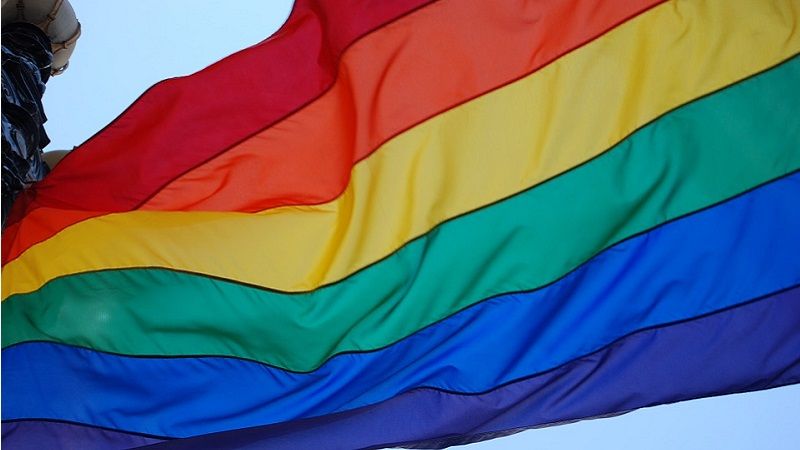Businesses across Europe have become increasingly appreciative of the benefits of building a diverse and inclusive workforce in recent years.
Within broader diversity and inclusion initiatives, a specific focus on Lesbian, Gay, Bisexual, Transgender (LGBT) issues has become important for corporations looking to show they are an inclusive employer. Additionally, companies are recognising the financial benefits of specifically targeting lesbians, gays, bisexuals and transgender individuals in their product marketing.
In the world of asset management, fund firms know that seeking and retaining LGBT staff is good for business. This was evidenced last month when Kames Capital and Aegon UK announced they were sponsoring the Edinburgh and Essex Pride events. Aegon is certainly not a newcomer on the LGBT scene, having sponsored Scotland’s national LGBT festival twice previously.
“We believe that everyone should be able to bring their whole authentic selves to work and that inclusive businesses are better performing businesses,” said Siobhan Martin, head of HR at Aegon Asset Management Europe. “The Edinburgh and Essex Pride events always see a strong turnout from Aegon and Kames employees.”
Higher profits and productivity
In 2018, the trade body for asset managers – the Investment Association – published a report entitled “Bringing our whole selves to work”. It noted that a happy and inclusive workplace can raise sales by 37%, and productivity by 31%.
“Fostering – and being seen to foster – an inclusive workplace can help businesses to attract and retain LGBT talent,” the report concluded.
It also cited a separate survey by investment industry network, LGBT Great, which found that nearly half of respondents to its survey said they would look for evidence of LGBT inclusion when choosing where to work.
Deborah Thomas, a director at executive search group Audeliss, says companies have woken up to the importance of representing society as a whole.
“It gives a better understanding of their clients or customers want and desire,” she says. “It is also more representative of society as a whole – this allows for greater decision making as it brings different views to the table.
“If an organisation does not reflect society – particularly at senior level – it has implications for both an attraction strategy and supplier perception, as clients are looking for suppliers who reflect diversity,” Thomas explains.
“The last thing a company wants to be facing in this era, are questions from their supply chain on why exactly they are not promoting something which is important to most, and that is diversity.”
More to do
Given this is the case, it is perhaps surprising that some companies aren’t doing more. The Investment Association’s report included a survey of staff at banks and fund managers working at companies on the Stonewall Workplace Equality Index. It found only 54 per cent of these employees felt their senior leaders “demonstrated a visible commitment to LGBT equality.”
Potentially, these companies could be alienating some extremely talented individuals with substantial implications for their businesses.
“How can you market something to an LGBT customer if you don’t understand exactly what they will react well to or not?” says Thomas. “There is certainly an economic case to LGBT inclusion – not just in the finance sector either.”
Those that have realised the financial potential from companies with sophisticated LGBT policies have sought to win investors through the development of specialist funds and indices.
LGBT Capital is one example of a firm that is seeking to highlight the value of LGBT customers, with the development of an LGBT Diversity Investment Index. Investors keen to support LGBT issues can embrace the company’s related investment methodology which identifies companies explicitly showing a commitment to supporting the LGBT community.
* This article is part of a series of mini-features on LGBT Diversity & Inclusion.
See also:
– Last Word partners with LGBT Great
– Only 1 in 10 finance sector firms have fully diverse policies








